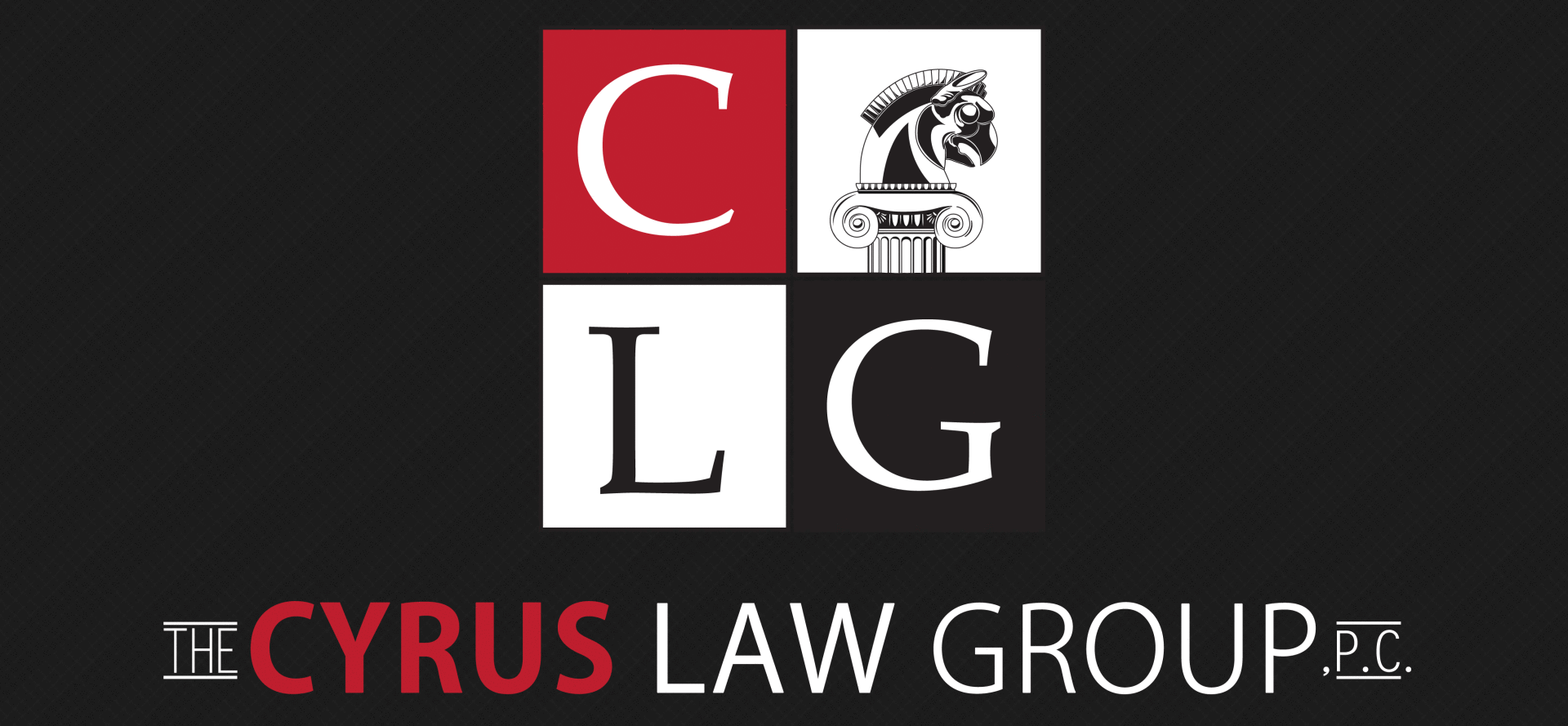The Olsen twins have come a long long way since their rise to child celebrity status. Although the twin sisters don’t garner nearly the same amount of attention as they once did as Michelle Tanner, a recent lawsuit against the twins’ fashion empire has put them center stage, but not in a good way.
Fortunately for the Olsens, the nightmare of bad press should be coming to a close very soon as they have recently settled the class action claims against them over allegations of illegal unpaid internships. Unpaid interns sued nearly two years ago, alleging they were misclassified as interns and should have been paid based on the work performed. The Olsens have denied the claims, and the settlement contains no admission of liability, but everyone knows what the littlest Tanner would say if she heard “no admission of liability.” Her famous words: “How rude!”
You’re in Big Trouble Mister
Well, maybe not so much. The Olsens are definitely getting off light when it comes to damages, particularly given the allegations. The settlement only requires a payment of $ 140,000 to settle 185 interns’ claims. After lawyer fees and costs, it is projected that each intern will receive a paltry $ 500.
The lead plaintiff, Shahista Lalani, alleged that on top of working in unbearably hot weather and conditions, she routinely worked over 50 hours a week, for months, without being paid. Additionally, the lawsuit explained that the work interns performed was essentially the same work that employees would perform, with the only difference being that employees were paid, and interns were not.
If Unpaid Interns Are Useful, They Shouldn’t Be Unpaid Interns
If the interns are paid, then feel free to treat them like regular employees. But if you don’t pay your interns, you better make sure you aren’t breaking the law. The basic rule of thumb for interns is that if they are useful, they need to be paid like employees. Unpaid interns should not be adding value to your company.
Essentially, the only interns that can be unpaid are the ones that create a burden for the employer. If an intern is not actually receiving an education by interning, they need to be paid. That means unpaid interns should not be getting dry cleaning, coffee, lunch, or running errands. Nor should they be doing administrative tasks, like scheduling, word processing, or serving as a receptionist. If your business takes on an unpaid intern, it is your business’s job to provide industry specific training and education that the intern can actually use.
Related Resources:
- Find Employment Lawyers Near You (FindLaw’s Lawyer Directory)
- Olsen Twins Face Class Action Lawsuit from Angry Interns (FindLaw’s Free Enterprise)
- Mary-Kate Olsen’s Secret and Smokey Wedding (FindLaw Celebrity Justice)
- Why Doesn’t Ivanka Trump Pay Her Interns? Is That Legal? (FindLaw’s Free Enterprise)
